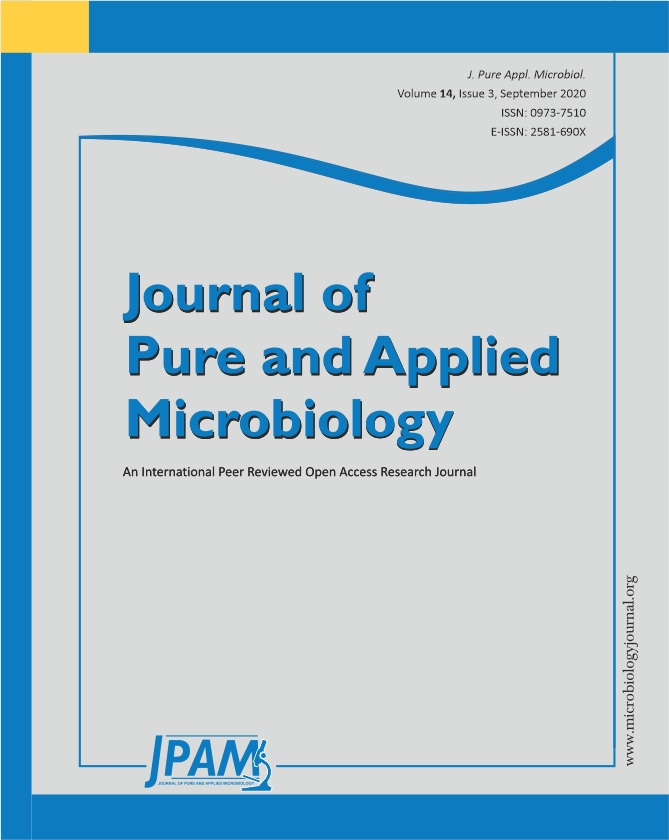The multidrug-resistant Gram-negative bacteria (MDR-GNB) infections in severely infected patients present numerous difficulties in terms of treatment failure where antibiotics cannot arrest such drug resistant bacteria. Based on the patient’s medical history and updated microbiological epidemiology data, an effective empirical treatment remains critical for optimal results to safeguard human health. The aim of this manuscript is to review management of MDR-Gram negative pathogenic bacterial infections. Quick diagnosis and narrow antimicrobial spectrum require rapid and timely diagnosis and effective laboratories in accordance with antimicrobial stewardship (AS) principles. Worldwide, there is an increased emergence of Carbapenem-resistant Enterobacteriaceae (CRE), Pseudomonas aeruginosa, and Acinetobacter baumannii. Recently, novel therapeutic options, such as meropenem/vaborbactam, ceftazidime/avibactam, ceftolozane/tazobactam, eravacycline and plazomicin became accessible to effectively counteract severe infections. Optimally using these delays the emergence of resistance to novel therapeutic agents. Further study is required, however, due to uncertainties in pharmacokinetic/pharmacodynamics optimization of dosages and therapeutic duration in severely ill patients. The novel agents should be verified for (i) action on carbapenem resistant Acinetobacter baumannii; (ii) action on CRE of β-lactam/β-lactamase inhibitors dependence on type of carbapenemase; (iii) emergence of resistance to novel antibacterials and dismiss selective pressure promoting development of resistance. Alternative treatments should be approached alike phage therapy or antibacterial peptides. The choice of empirical therapy is complicated by antibiotic resistance and can be combated by accurate antibiotic and their combinations usage, which is critical to patient survival. Noteworthy are local epidemiology, effective teamwork and antibiotic stewardship to guarantee that medications are utilized properly to counter the resistance.
Antimicrobial resistance, Enterobacteriaceae, Carbapenemase, Acinetobacter baumannii, bacteriophage
© The Author(s) 2020. Open Access. This article is distributed under the terms of the Creative Commons Attribution 4.0 International License which permits unrestricted use, sharing, distribution, and reproduction in any medium, provided you give appropriate credit to the original author(s) and the source, provide a link to the Creative Commons license, and indicate if changes were made.


